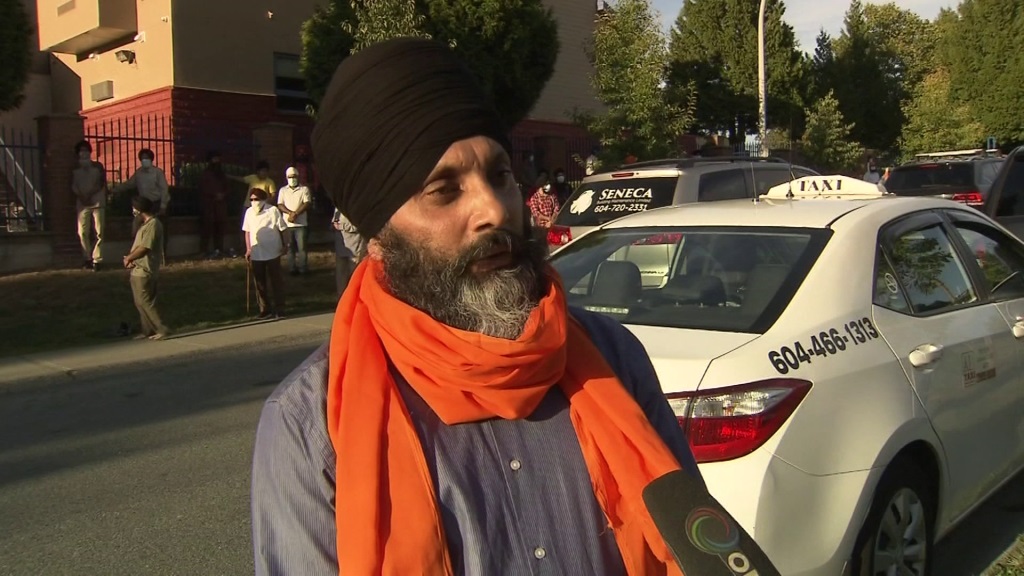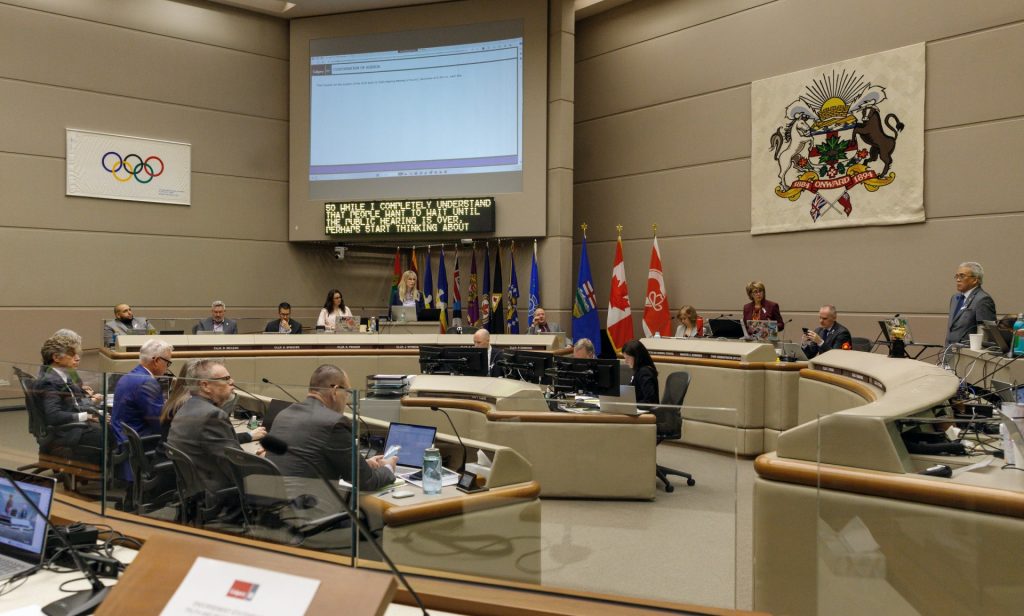Psychologist says death of toddler in hot car a ‘tragic accident,’ calls for compassion
Posted May 12, 2019 6:03 pm.
Last Updated May 13, 2019 8:45 am.
BURNABY (NEWS 1130) — The death of a toddler left in a hot car in Burnaby has sparked outrage from those shocked by the tragic and heartbreaking incident, but a psychology professor calls it a tragic accident that warrants compassion, not blame.
A 16-month-old boy was pronounced dead Thursday after being left in a car near Central Park for a number of hours. No one has been arrested or charged in this matter.
David Diamond, a professor at the University of South Florida, has been studying cases of children left in hot cars for the last 15 years.
He says when he first heard about it, he reacted the way he thinks most people would.
“I have to say my knee-jerk reaction was (that) it sounds like negligence to me,” he says. “I couldn’t understand how that could happen.
“But because I study memory, and because I’m a parent, I was curious as to how it was possible.”
RELATED: 16-month-old dies after being left for hours in hot car in Burnaby
Diamond spent the next few years speaking to parents involved in similar cases, trying to understand what circumstances led up to the parents leaving their children.
One reason could be that they were inattentive parents, but he says that hypothesis didn’t pan out.
In fact, the parents in these cases are normal, attentive and loving — they don’t want any harm to come to their children — and the families are emotionally destroyed as they grapple with grief and guilt.
Unfortunately, he says it’s more common than we might think.
“It’s just a worldwide phenomenon. Children are forgotten in cars and die all around the world — many different countries its been documented,” he says.
WATCH: Toddler dies in hot car in Burnaby
Failure in memory
It turns out faulty functioning of the brain’s prospective memory, in particular, is the culprit.
People use prospective memory every day — we use it to remember to do something in the future, like calling someone later, or remembering to picking something up on the way home from work.
And when prospective memory fails, leaving a parent to forget about their own child, it can be a disaster.
“The person puts a child in the car seat and has every intention to take the child out of the car seat at the destination, but during the drive, the person loses awareness of the child in the car. There’s an autopilot system in our brain that enables us to get from point A to point B without having to think about it,” he says.
“You drive often enough from home to work for example, and can just do it without thinking about it, and that just frees you up to do so many other things, to multitask, to think about what you’re doing later today, to plan what you’re doing tomorrow, to have a conversation with other people in the car, to listen to the radio.”
“In that multitasking process we are juggling these different memories we’re holding on to, and the memory that is the awareness of the child in the car temporarily gets lost.”
He says not only can the parents lose the awareness of the child, they also end up mistakenly believing they brought the child where they were supposed to go.
“The brain does something that adds to the tragedy. It fills in the void. It creates this false memory,” he says. “The person has a memory that they’ve taken the child to the appropriate place, to daycare. They go to work, spend the day talking about the child, because of that false memory. Then they have this horror when they return to the car and find the child has died of heat stroke during the day.
“It’s not a phenomenon of impaired brain function, not of a lack of love for the child. This is faulty brain functioning in general, we forget things that are really important to us.”
In most cases, parents were overwhelmed, exhausted and sleep deprived when they forgot their children in their vehicles.
“Stress and sleep deprivation is part of being a new parent. That’s the kind of factor that contributes to memory,” he says. “Part of the tragedy is that auto pilot part of our brain works even better when we are stressed and sleep deprived.”
Tragedy calls for empathy, not blame
While some may be feeling outrage when this happens to a child, Diamond says the best way to approach is with understanding and compassion.
“There is a knee-jerk reaction to demonize these people. You read about it, you say I could never do that to my child. So they write horrific comments on these stories,” he says. “It’s important to realize these people are suffering. The family is suffering. People should keep those comments to themselves, try to see what they are going through.
“This is the part of being human. We are capable of making tragic memory errors. We need to realize we are all flawed, it’s just a part of being human. The first way to think about this, how you react to a story like this. I think the best way is to react with compassion.”










